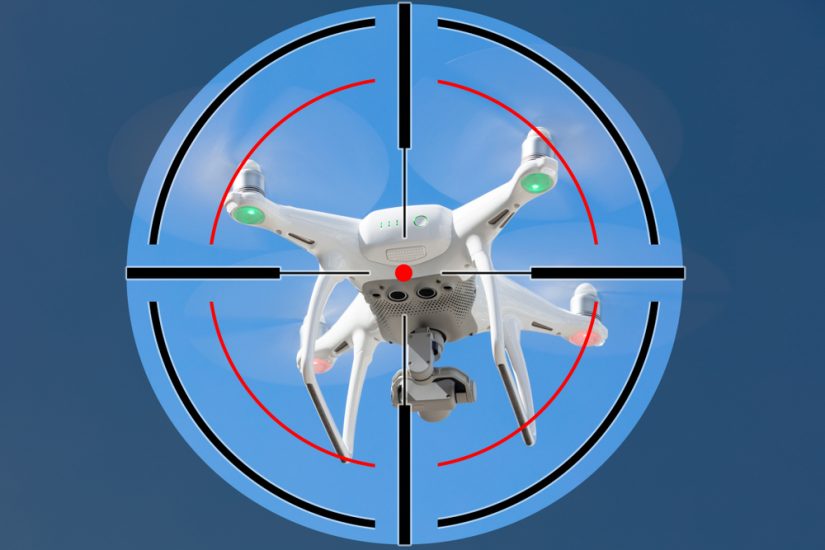Florida’s Senate Committee on Rules has passed a bill that would increase criminal penalties for operating a drone over critical infrastructure and would allow a person to “use reasonable force” to prohibit a drone from conducting surveillance, if the drone is operating under 500 ft. over their private property.
If passed by the Senate, the bill would increase the criminal penalties from a second-degree misdemeanor to a third-degree felony if a person knowingly or willfully operates a drone over a critical infrastructure facility; allows a drone to make contact with a critical infrastructure facility; or allows a drone to come within a distance of a critical infrastructure facility that is close enough to interfere with the operations of or cause a disturbance to the facility.
Additionally, the bill specifies it is a third-degree felony for a person to knowingly or willfully possess or operate a weaponised drone; alter, manipulate, tamper with, or otherwise change an unmanned aircraft or unmanned aircraft system’s hardware or software for certain purposes; or possess or operate such an altered unmanned aircraft or unmanned aircraft system for certain purposes.
The bill also creates a first-degree misdemeanor if a person knowingly or willfully uses a drone equipped with an imaging device to record an image of the tenant of privately owned real property, with the intent to conduct surveillance of the individual or property in violation of such person’s reasonable expectation of privacy. Additionally, the bill makes it a third-degree felony if a person intentionally distributes such surveillance.
The bill would allow a person who has a reasonable expectation of privacy on his or her private property to use reasonable force to prohibit a drone from conducting surveillance, if the drone is operating under 500 ft. over the property.
For more information
Image: Shutterstock




